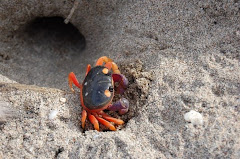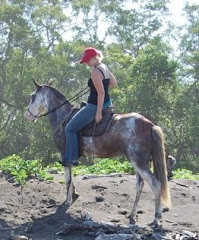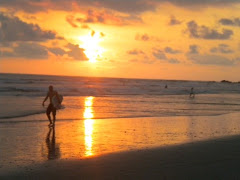George Bernard Shaw wrote:
People will stand anything as soon as they are matured enough and cultivated enough to be suscepitable to the appeal of the particular form of art.
Shaw was speaking about theater, which in his day and age was changing rapidly from the traditional well made play to the more serious problem play. However, I wish to direct my thoughts toward society. Society shapes our perceptions of life. It shapes our expectations of life. It taints everything we see with either rose or black or clear. And just as Shaw states, as soon as people are matured enough (or brainwashed enough) they will stand anything.
You see a man walking down the street. He is dressed in rags, pushing a grocery cart with a towel wrapped around his head like a turbine. He mutters to himself and beggs change from you as you walk out of the gas station. You see a threat. A man who is different from you, probably wanting money for booze. Society has taught you that.
If you have ever been homeless or been friends with the homeless, however, you know that this man is simply in need of love. You can look past society's tint and see the reality of his need. Then and only then can you meet his need and be love to him.
Society tells us so many things about right and wrong, dirty and clean, acceptable and unacceptable, success and failure.
A professor recently asked us, "if marajuana were legal in the United States, would you use it?" It got me thinking - What makes it wrong? We use caffine to alter our states of mind. Or anything for that matter... how much do we let society dictate our thoughts and opinions about things?
Perhaps George Bernard Shaw's statement could be altered in this way to describe society:
People will stand for anything as soon as they are informed with enough propoganda, persuaded long enough and finally brainwashed enough to accept a certain point of view.









